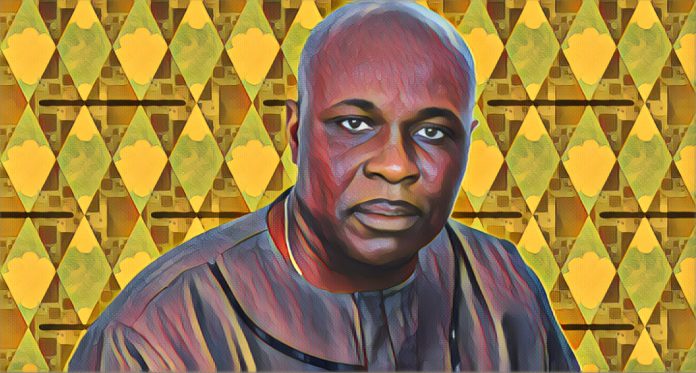The Supreme Court upheld the Presidential Election Petition Tribunal’s ruling, confirming the results of the February 25, 2023, presidential election. The verdict, anticipated by many, concludes the legal contestation of the election’s outcome, according to a column by Abimbola Adelaku in The Punch.
The decision, however, underscores deeper issues within Nigeria’s political landscape. Advocates of the ruling party are promoting the notion that the era of political engagement should cease, favoring governance over political discourse. This rhetoric, suggesting the “end of politics,” echoes Francis Fukuyama’s 1989 essay but fails to recognize the essential role of opposition in a thriving democracy. Critics argue that such a stance could stifle dissenting voices, posing a threat to democratic health.
Moreover, the role of the opposition is not solely the province of political parties. History has shown that regional sections, civil society, and labor groups have effectively provided counterbalances to the ruling government, suggesting that fears of the opposition’s suppression may be overstated.
The election also highlighted challenges for the Independent National Electoral Commission (INEC), led by Professor Mahmoud Yakubu. Accusations of ineptitude and potential electoral misconduct have diminished public confidence in the electoral body, sparking calls for Yakubu’s resignation as an act of accountability.
Furthermore, the recent electoral process and Supreme Court judgment accentuate the need for electoral reforms. One suggestion is to resolve all legal disputes prior to the presidential inauguration, emphasizing the importance of a system capable of removing an incumbent. Additionally, a proposal for a rotational presidency similar to models in Switzerland and the European Union is gaining attention, aiming to alleviate fears of marginalization and the ‘winner-takes-all’ nature of Nigerian politics.
The Tinubu administration has continued the trend of using presidential power to favor certain groups, a practice that critics argue fosters resentment and could normalize nepotism. A constitutional amendment for a Presidential Council could mitigate these concerns, promoting inclusivity and diminishing the politicization of ethnicity and regionalism.
The election has also shed light on the often transactional nature of political loyalty, with influential figures swiftly realigning with the victorious party. This behavior, alongside the controversies of the election, has tarnished the reputations of numerous public figures and emphasized the prevalence of politics without principle.
This judgement marks a pivotal moment for Nigeria’s political future and the ongoing debate over governance, democracy, and the role of opposition in shaping a fair society.



